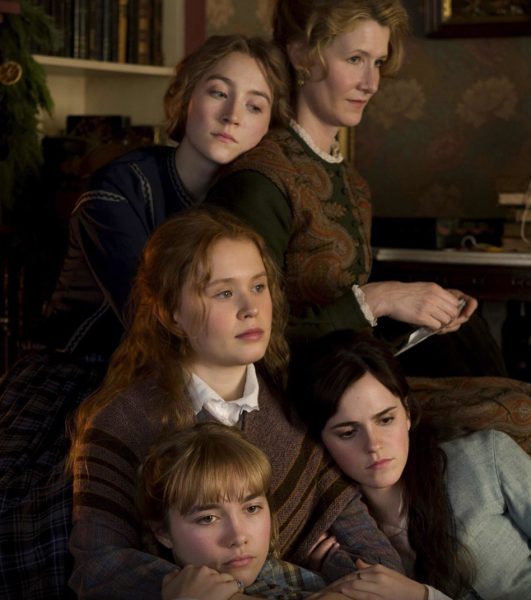Lorde Provides Solace through Sound
“I’m 19 and I’m on fire,” sings Lorde, born Ella Marija Lani Yelich-O’Connor, author and artist behind her sophomore album “Melodrama.”
The “Royals” singer became much of a celebrity recluse after the release of her critically-acclaimed debut “Pure Heroine,” disillusioned by fame and her sudden popularity. When she returned to the spotlight almost five years later, she released “Melodrama,” an album exploring coming-of-age themes such as heartbreak, escapism and the transition between adolescence and adulthood.
I have been a fan of Lorde since her first album was released when I was 10, and became deeply attached to her lyricism and heartfelt songwriting. As I grew into my teenagehood, “Pure Heroine” held my hand: She perfectly encapsulated the feelings of loneliness and isolation I was experiencing in middle and high school, and my general inability to “fit in.”
Enter “Melodrama” when I was almost 15 and, initially, I wasn’t a fan. I struggled to relate to the themes, and the Jack Antonoff production style was something I was unfamiliar with and reluctant to assimilate to. For years I never listened to “Melodrama,” clutching its timeless predecessor with both hands close to my chest.
Then, the COVID-19 pandemic hit. I was supposed to go to college, but my years of work felt moot in the face of a global shutdown and online school. I had grown so much in my last year of high school: I had found a solid friend group, committed to a school I thought I’d like and was finally taking classes I enjoyed. But then I was stuck at home, in the same bedroom I listened to “Pure Heroine” in for the first time, and I felt 10 years old all over again. I longed to escape and discover something new, even though I didn’t know what it was and I couldn’t put a name to it; all I wanted was to be someone and somewhere different.
I listened to Lorde’s sophomore album all the way through for another time while sitting on my bedroom floor and connected to it in a way I never had before. Suddenly, it was “Melodrama” that was holding me close as I worked through the difficult emotions of becoming an adult and leaving the only city I have ever called home to come to New York.
It has helped me during my debilitating freshman year of college that I hated so much (“When you see me, will you say I’ve changed? / I ride the subway, read the signs / I let the seasons change my mind”) to working through strange heartbreaks and almost-lovers gone awry (“‘Cause I remember the rush, when forever was us / Before all of the winds of regret and mistrust / Now we sit in the car and our love is a ghost”). Of course, I can’t forget how “Liability” basically wrote the rulebook on the anxious-attachment style (“The truth is I am a toy that people enjoy / ’til all of the tricks don’t work anymore / And then they are bored of me”).
If I could pick one no-skip album from my library, it would undoubtedly be “Melodrama.” It is — in my eyes — a required listen for every almost-19-year-old that feels like they’re stumbling through life, clinging to the virtues of childhood as the threat of adulthood looms up ahead. It can be so easy to look back on life and think that it will never be as good, or at least any better, than it was before. I know I felt that way when I realized I had uprooted my life to pursue a so-called useless degree for thousands of dollars of debt; I would never say I was happier at home, but I certainly felt much more comfortable.
Ultimately, that is what Lorde is writing about: that feeling of being ripped from the ground and left to plant yourself somewhere else, somewhere new, a place filled with unfamiliarity. Discomfort is the byproduct of growth, Lorde is saying. It can only make us better. Or, in “Melodrama”-speak: “But you’re not what you thought you were / Leave.”

Samantha “Sam” Minear is a senior from Long Branch, N. J., majoring in international studies and communications. She started as a contributing writer...













































































































































































































